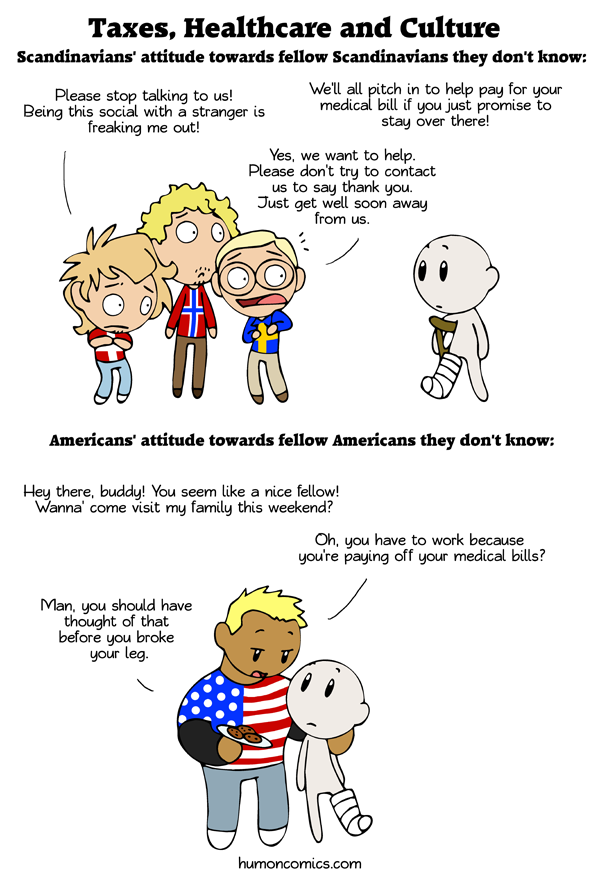Although most of the present day studies have become done on college or university campuses, among younger teenagers, 70 % out-of sexually effective 12- so you can 21-year-olds reported that have got uncommitted sex during the last season (Grello mais aussi al., 2003). Similarly, inside the an example out-of seventh, ninth and you can 11th graders, thirty two per cent out-of people got experienced intercourse and you will 61 % out-of sexually educated children said an intimate come upon exterior an internet dating relationship; that it is short for around you to definitely-fifth of the entire shot (Manning et al., 2006).
Affective answers to connecting
In one data, among professionals who were requested so you can characterize the fresh new morning immediately following an effective connections, 82 % of men and 57 percent of women was indeed essentially happy that they had over it (Garcia & Reiber, 2008). The gap ranging from men and women try celebrated and demonstrates a keen average gender difference in affective responses.
Furthermore, in the a study of 832 people, twenty six % of females and you will 50 percent of males reported impression confident immediately after a connections, and you can 44 percent of females and you can twenty six percent of males reported an awful impulse (the newest remainders for every gender got a combination of both confident and you can bad reactions; Owen et al., 2010).
But not, one another men and women also feel certain bad apply at too. For the a beneficial qualitative data you to requested 187 professionals so you’re able to declaration their ideas just after a frequent connections, thirty five per cent advertised perception regretful or disappointed, twenty seven % a good otherwise delighted, 20 percent satisfied, eleven per cent confused, 9 % pleased, seven percent excited or worried, 5 % shameful, and 2 percent fashionable otherwise need (Paul & Hayes, 2002). But not, that it same studies found that feelings differed during the hookups weighed against after: Throughout an everyday relationship, 65 % away from users claimed impression a good, aroused, or excited, 17 per cent prominent otherwise need, 17 percent absolutely nothing particularly or was in fact concerned about the fresh new relationship, 8 per cent ashamed or regretful, 7 percent nervous otherwise terrified, 6 per cent baffled, and you can 5 per cent proud (Paul & Hayes, 2002).
Hook-right up be sorry for
A great amount of studies have tested regret when it comes to hookups as well as have noted the fresh new negative ideas individuals may getting immediately following relaxed gender. From inside the a huge Net-built study of step one  ,468 undergraduate students, people claimed many outcomes: 27.1 percent considered embarrassed, 24.seven % claimed mental issues, 20.8 % knowledgeable loss of value, and 10 percent reported complications with a reliable partner (Lewis et al., 2011). An additional previous data conducted into the a sample from two hundred undergraduate children inside the Canada, 78 % of females and you can 72 % of males who’d uncommitted gender (together with genital, rectal, and/otherwise dental intercourse) claimed a reputation experiencing feel dissapointed about following including an encounter (Fisher mais aussi al., 2012).
,468 undergraduate students, people claimed many outcomes: 27.1 percent considered embarrassed, 24.seven % claimed mental issues, 20.8 % knowledgeable loss of value, and 10 percent reported complications with a reliable partner (Lewis et al., 2011). An additional previous data conducted into the a sample from two hundred undergraduate children inside the Canada, 78 % of females and you can 72 % of males who’d uncommitted gender (together with genital, rectal, and/otherwise dental intercourse) claimed a reputation experiencing feel dissapointed about following including an encounter (Fisher mais aussi al., 2012).
Fisher et al. (2012) and additionally discover pair sex variations in aspects of feel dissapointed about, that have more robust sex reducing the standard of regret reported. It appears the method away from asking people whether or not and in case it had educated regret (we.elizabeth., ever, last relationship, or normal hookup) produces a sex variation, however in regards to categorical visibility, extremely growing grownups educated a kaleidoscope away from responses. This might be in keeping with Stinson’s (2010) content out-of sexual invention requiring experimentation, also experimentation, a good attitude and bad thoughts.
For the a study of 270 sexually active college-many years pupils, 72 per cent regretted one exemplory instance of early in the day sexual activity (Oswalt, Cameron, & Koob, 2005). When you look at the research regarding 152 female undergraduate college students, 74 % got sometimes a number of or particular regrets regarding uncommitted sex: 61 % had a few regrets, 23 per cent didn’t come with regrets, 13 per cent had certain regrets and you can 3 % got of numerous regrets (Eshb).
